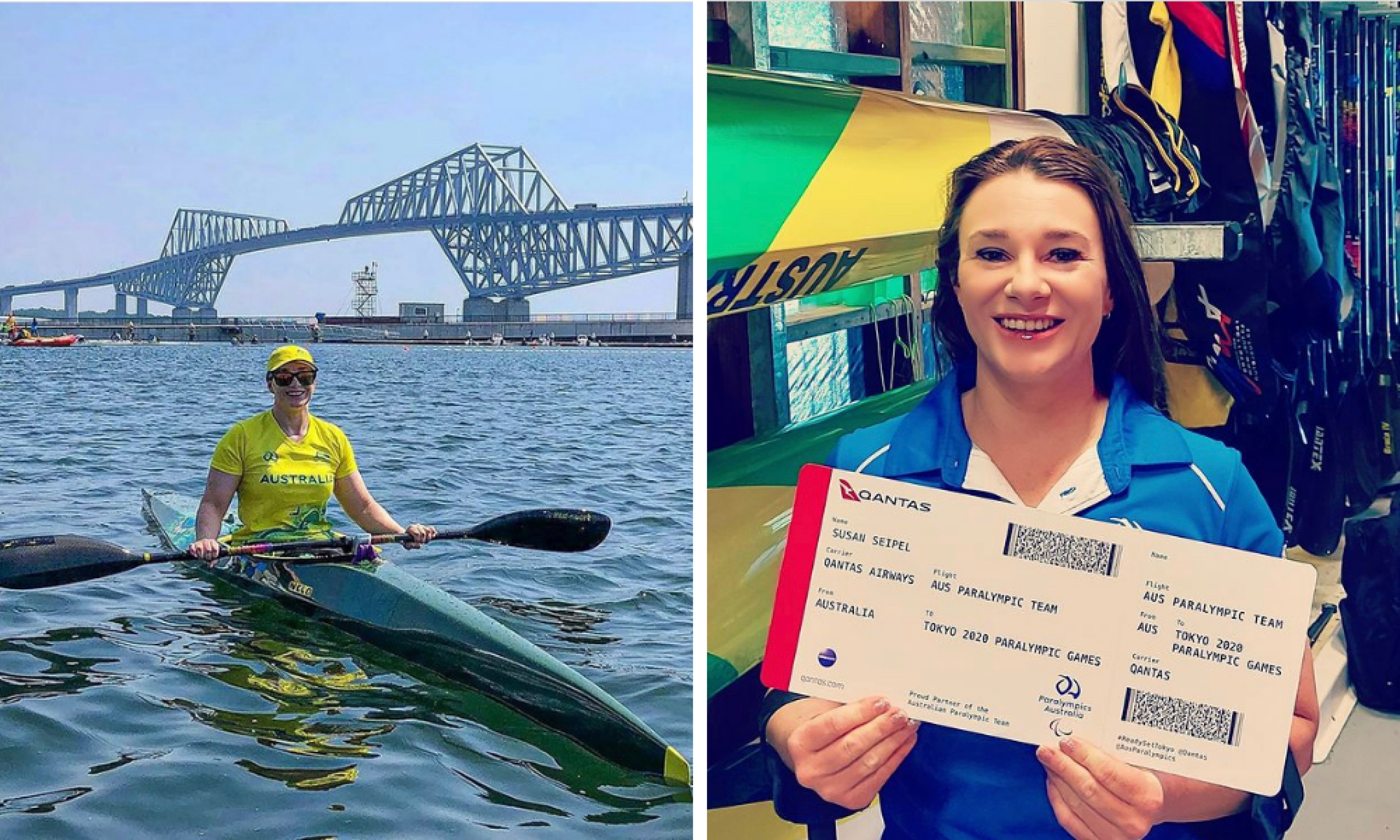Don’t call me an Olympian - by Susan Seipel

I am a proud Paralympian, by calling me an Olympian you dismiss the rich history of the Paralympic movement and the pioneering figures that stood up against injustice and prejudice to transform society’s views on people with disabilities through sport.
It all started on July 29th, 1948, when Dr Ludwig Guttmann organised a competition in London for 16 injured World War II veterans, called The Stoke Mandeville Games. Guttmann was a neurologist who fled Nazi Germany for England, where he founded a National Spinal Injuries Unit at Stoke Mandeville Hospital. He recognised the benefits of rehabilitation through sport, a vision that changed the course of history and saved many lives. The Stoke Mandeville Games later evolved into the worldwide four-yearly event called the Paralympic Games, the first of which was held in Rome in 1960.1
I am proud to be a Paralympian because the games promote a legacy of accessibility and inclusion. One example of this was preceding the 2008 Beijing Paralympic Games, when the Chinese government passed new legislation on accessibility and spent over $17 million on accessible upgrades to tourist destinations, including the Great Wall of China and the Forbidden City.2
Also, media surrounding the games can have a great impact on social attitudes towards disability. A small study following the Rio 2016 Paralympics concluded that representation of Paralympic athletes in the media helped break down barriers and challenged outdated stereotypes of people living with a disability.3
I believe the Paralympic Games is not just about elite sport, it also plays a major role in advancing global human rights. I was born with a disability and Paralympic athletes have always been my role models. I hope that the Paralympic movement continues to help change the narrative around disability and gains the global recognition it deserves, equal and parallel to that of the Olympic Games.
Further reading:
1.Read the detailed history of the Paralympic Games https://www.paralympic.org/ipc/history
2. Read the United Nations Article
https://www.un.org/en/chronicle/article/paralympic-games-and-promotion-r... disabilities
3. Read the study in full
https://scholar.google.com.au/scholar?q=paralympics+change+stereotypes&h... s=1&oi=scholart#d=gs_qabs&u=%23p%3D-lqpyn3e4OwJ
About the author:
Susan Seipel is a diverse para-athlete with a background in swimming, equestrian, and is a triple World Champion in the sport of Paracanoe.
She won a Bronze medal at the 2016 Rio Paralympic Games and was the first Australian in history to win a medal in Paracanoe at the Paralympic level. Currently, she is training towards the 2020 Tokyo Paralympic Games.
Outside of sport, Susan is a proud ambassador for the RSPCA Queensland and is passionate about animal welfare, as well as disability issues.

Add comment